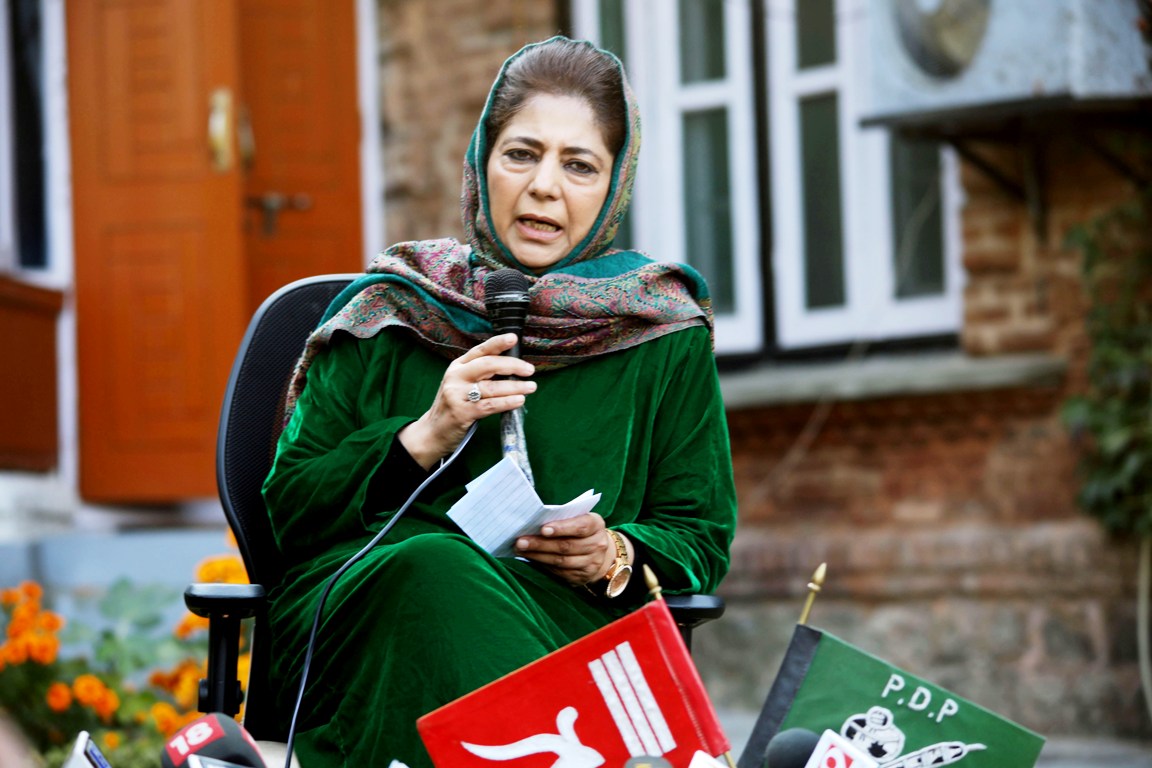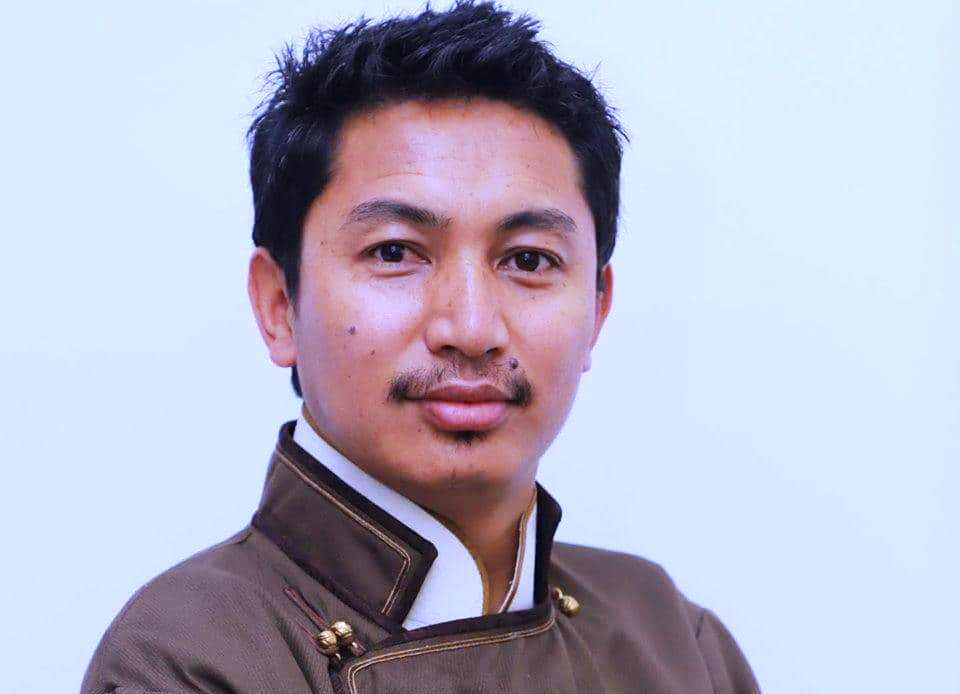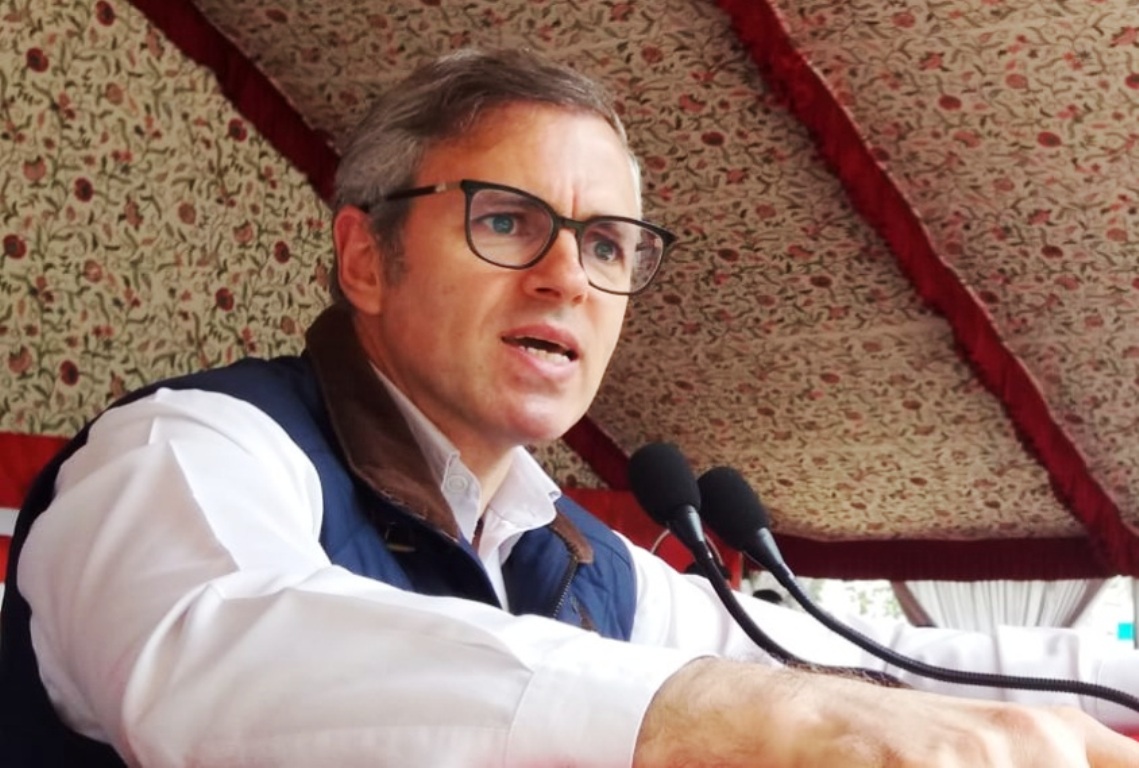Saima Bhat
Srinagar

While welcoming Justice J S Verma committee’s report in the backdrop of alarming rise in rape cases, Kashmir center for social and development studies (KCSDS) demands that AFSPA (armed forces special powers act) should not be used as a shield for rapes by army. The group has appreciated that the Justice has included a recommendation on their suggestion that there should be review of the contentious AFSPA from J&K state besides bringing armed and para military forces under the purview of common law.
The KCSDS panel, on Thursday, informed that Justice Verma has included most of the recommendations made by them in his 600 page report.
The panel urged that all mainstream political parties should jointly put pressure on the central government to get recommendations of the Justice Verma report passed in the parliament and ensure it is implemented without any delay.
“The state government is now accountable before the people of Jammu and Kashmir and is duty bound to lobby for passing the report”, said the panel.
The chairperson KCSDS Prof Hameeda Nayeem said that she has deposited before the committee and informed the members that there are at least 900 rape and gang rape cases documented (by Amnesty International) so far where as “a large number of cases remain unreported because perpetrators are shielded in the name of national security.”
Drawing parallel between other conflict zones in the world, the panel said that the number of rape cases reported from Kashmir each year exceed those in Syria.
The KCSDS was invited in the 2 day deposition session held on January 17 and 18 at Main Planery Hall, Vigyan Bhawan, New Delhi.
Another member, Shakeel Qalander said, “I appreciate people are raising their voices against atrocities on women especially after infamous Delhi rape and murder case. But I want to ask civil society of India, why they remain silent when it comes to Kashmir and crimes against Kashmiri women?”
Besides highlighting women related issues, Qalander said that the group is also working on other issues like return of power projects to Kashmir government.
“We talk on the basis of proper research and want that NHPC should return all the power projects of Kashmir as they are running illegally in the state. State government should act against NHPC the same way it acts against other illegal occupants.”
Justice Verma said the committee has stressed on the need to review AFSPA in conflict areas. “Sexual offences by armed forces and men in uniform in conflict areas should be brought under ordinary criminal law,” the committee said.
The report points out, “we notice that impunity for systematic or isolated sexual violence in the process of Internal Security duties is being legitimized by the Armed Forces Special Powers Act, which is in force in large parts of our country. It must be recognized that women in conflict areas are entitled to all the security and dignity that is afforded to citizens in any other part of our country.”
The report further added that India has signed the International Convention for the Protection of All Persons from Enforced Disappearance106, which it said, “has to be honoured.” “We therefore believe that strong measures to ensure such security and dignity will go a long way not only to provide women in the conflict areas their rightful entitlements, but also to restore confidence in the administration in such areas leading to mainstreaming,” the report added.
The report made some recommendations to deal with the situation of rapes by armed force personnel in the conflict areas, where Armed Forces Special Powers Act is applicable. The report recommended that sexual violence against women by members of the armed forces or uniformed personnel must be brought under the purview of ordinary criminal law.
It also recommended that special care must also be taken to ensure the safety of women who are complainants and witnesses in cases of sexual assault by armed personnel; and that there should be special commissioners – who are either judicially or legislatively appointed – for women’s safety and security in all areas of conflict in the country.
“These commissioners must be chosen from those who have experience with women’s issues, preferably in conflict areas. In addition, such commissioners must be vested with adequate powers to monitor and initiate action for redress and criminal prosecution in all cases of sexual violence against women by armed personnel,” the report suggested, adding that “care must be taken to ensure the safety and security of women detainees in police stations, and women at army or paramilitary check points, and this should be a subject under the regular monitoring of the special commissioners mentioned earlier and the general law relating to detention of women during specified hours of the day must be strictly followed.
The Justice Verma Committee also recommended training and monitoring of armed personnel be reoriented to include and emphasize strict observance by the armed personnel of all orders issued in this behalf.
The Committee observed that rape and other forms of sexual assault have been found to be consistently deployed as an expression of power and must not necessarily be seen as ‘crime of passion’ only.
“Sexual assaults on women and children has been found to be have been used consistently by State and private persons in conflict areas including in communal violence; where by raping women, men attempt to establish their superiority over the other,” the report said. It added that the Committee is of the view that such forms of sexual assault deserve to be treated as aggravated sexual offence in law. “It is important to note that sexual assault in situations of communal violence, regional conflicts and armed conflicts are committed upon women and children on account of their identity.
This, we believe, is an important aspect which we need to bear in mind because of sub-cultures which also exist and the Indian State is pretty much unaware of, and for whose reformation there are hardly any proponents,” the Committee further opined.
The report also said that States parties should undertake to respect and ensure respect for rules of international humanitarian law applicable to them in armed conflicts which are relevant to the child.
Among its recommendations related to conflict areas, the committee suggested that “States parties shall refrain from recruiting any person who has not attained the age of fifteen years into their armed forces. In recruiting among those persons who have attained the age of fifteen years but who have not attained the age of eighteen years, States Parties shall endeavour to give priority to those who are oldest.”
In accordance with their obligations under international humanitarian law to protect the civilian population in armed conflicts, States Parties shall take all feasible measures to ensure protection and care of children who are affected by an armed conflict, the report added.
The brutalities of the armed forces faced by residents in the border areas have led to a deep disenchantment, and the lack of mainstreaming of such persons into civil society, the Committee lamented and observed that serious allegations of persistent sexual assault on the women in such areas and conflict areas are causing more alienation.
In respect of certain categories of cases, such as those where the victim is in custody of persons in authority including police and armed personnel, the report said that certain statutory presumptions must apply under Section 114A of the Indian Evidence Act, 1872.
“Every complaint of rape must be registered by the police and civil society should perform its duty to report any case of rape coming to its knowledge,” the Committee said.
Recommending a suggestion to amend AFSPA, the Committee has advocated the following amendment to be made to Section 6 of the Armed Forces (Special Powers) Act, 1958: “No prosecution, suit or other legal proceeding shall be instituted, except with the previous sanction of the Central Government, against any person in respect of anything done or purported to be done in exercise of the powers conferred by this Act. Provided that, no sanction shall be required if the person has been accused of committing an offence under Section 354, Section 354A, Section 354B, Section 354C, Section 376(1), Section 376(2), Section 376(3), Section 376A, Section 376B, Section 376C, Section 376D, Section 376D or Section 376E of the Indian Penal Code, 1860.”
Justice Verma Committee comprising Retired Justice J.S. Verma, Retired Justice Leila Seth and Solicitor General Gopal Subramanium, was constituted on December 23, 2012, to look into the possible amendments in the criminal laws related to sexual violence against women.
















Dear Madam/Sir,
Would you know of any contact details to the Kashmir Centre for Social and Developmental Studies? I would be very interested in reading their report they have submitted to the Justice Verma Committee in Delhi.
Thank you in advance.